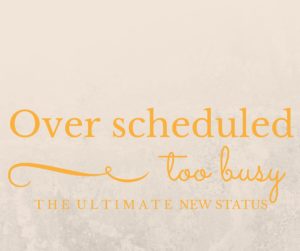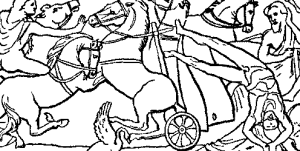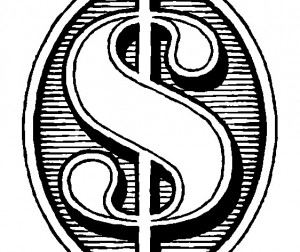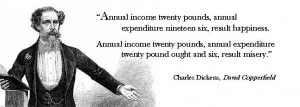Life is better when there are chunks of time available for being slow. Not dumb or behind, but slow in a way that allows for a deep connection. A lot of the time my partner sees me making a deep connection with our couch, but I swear to you that there’s more going on than napping. A slow read lets my mind enjoy the other connections the line on the page inspires. It lets me pause to savour an unusual word, an image, a personal response.
It is tempting right now to draw a metaphor about value, to question the ideas of “efficiency” in comparison to what we know about the experience of slow, deep, contemplative periods, but actually you can already see where I’d go with that idea.
Instead, let’s touch on how the pantomime of busyness that is so popular, that escalates our misery and turns the idea of slow into a 1984-type thought crime. I’m talking about people who spend more time telling you about what they’re going to do than getting their head down and doing anything. And who then get promoted above you (hahaha, no really).
How did we get to a point where talking about how busy we are (and I know that we are busy, but you know in this way we’re referring to the self-aggrandising version. Imagine the scenario of the heroic narrative over the bbq salads that seeks to one-up your busy with their *epic* level busy. It’s a game many are willing to play and why not? Being busy is culturally rewarded it is celebrated, it is a visible thing in a world of invisible work.
To be slow, rather than fast, is to be a failure of a kind. In this age, to be slow is said as a curse, a negative judgement of diminished of capacity, of relevance. Those are powerful stigmas against being slow. It is a shame because this simple summary level idea of what slow might be, is putting people off deliberating or consulting before making a decision. It puts pressure on people to say yes to more activities or responsibilities. It makes it hard to justify reading for fun or watching a sunset or those delicious afternoon naps.
Did you just think “I wish I had time for a nap”? Maybe you also followed that with “I’m too busy for a nap”. Any example I give will be likely to trigger someone and that’s partly because of this weird culture we have right now.
Could you try it? Could a slow day here and there be for you? Binging on a bucket of books or afternoon naps, date night out of the house – could any of these ideas tempt you? Don’t wait for life to slow down for you. Don’t wait for an empty chunk of hours to fall in your lap.
I invite you to make some slow time for yourself this week. Get deeply involved in that time with whatever you like, reconnect or dream and imagine. Just do it nice and slowly.






 In my past, I’ve been through the experience of some
In my past, I’ve been through the experience of some